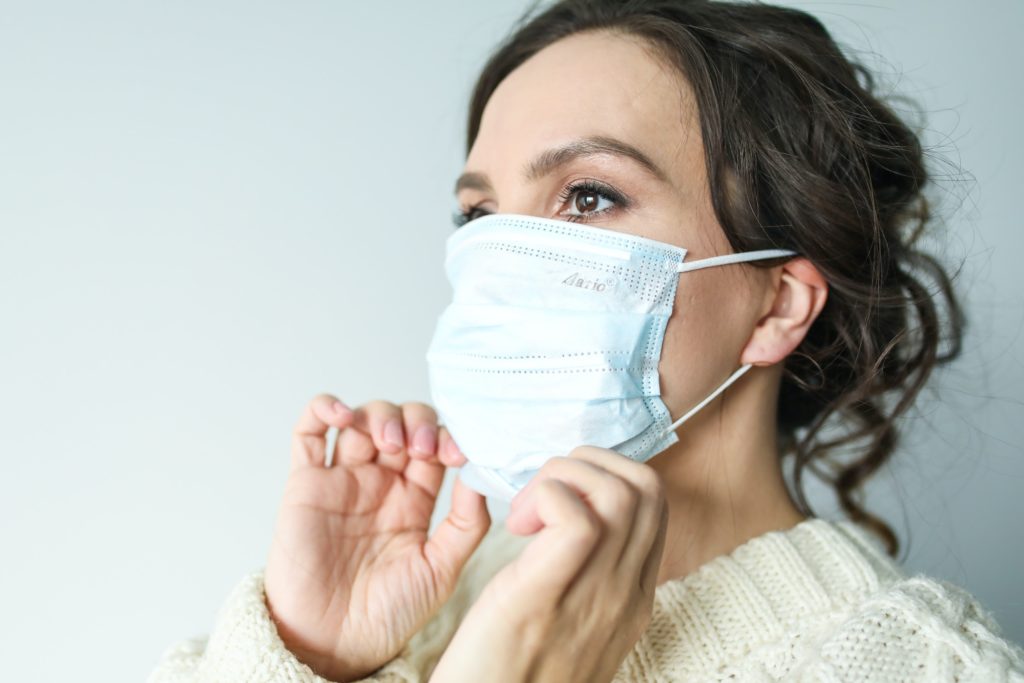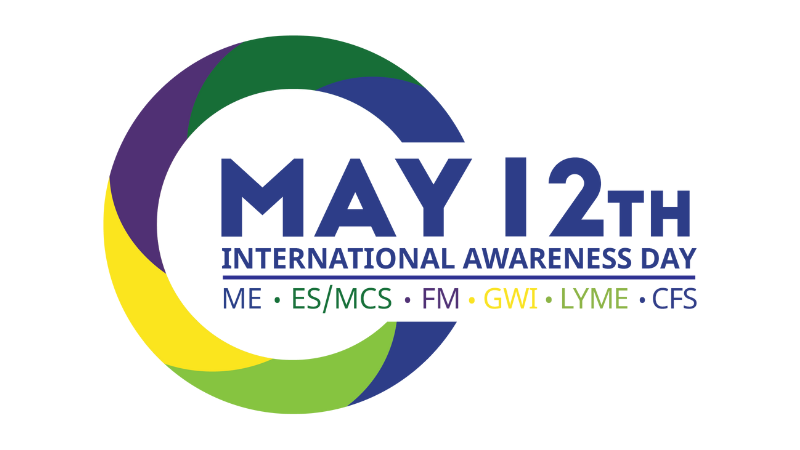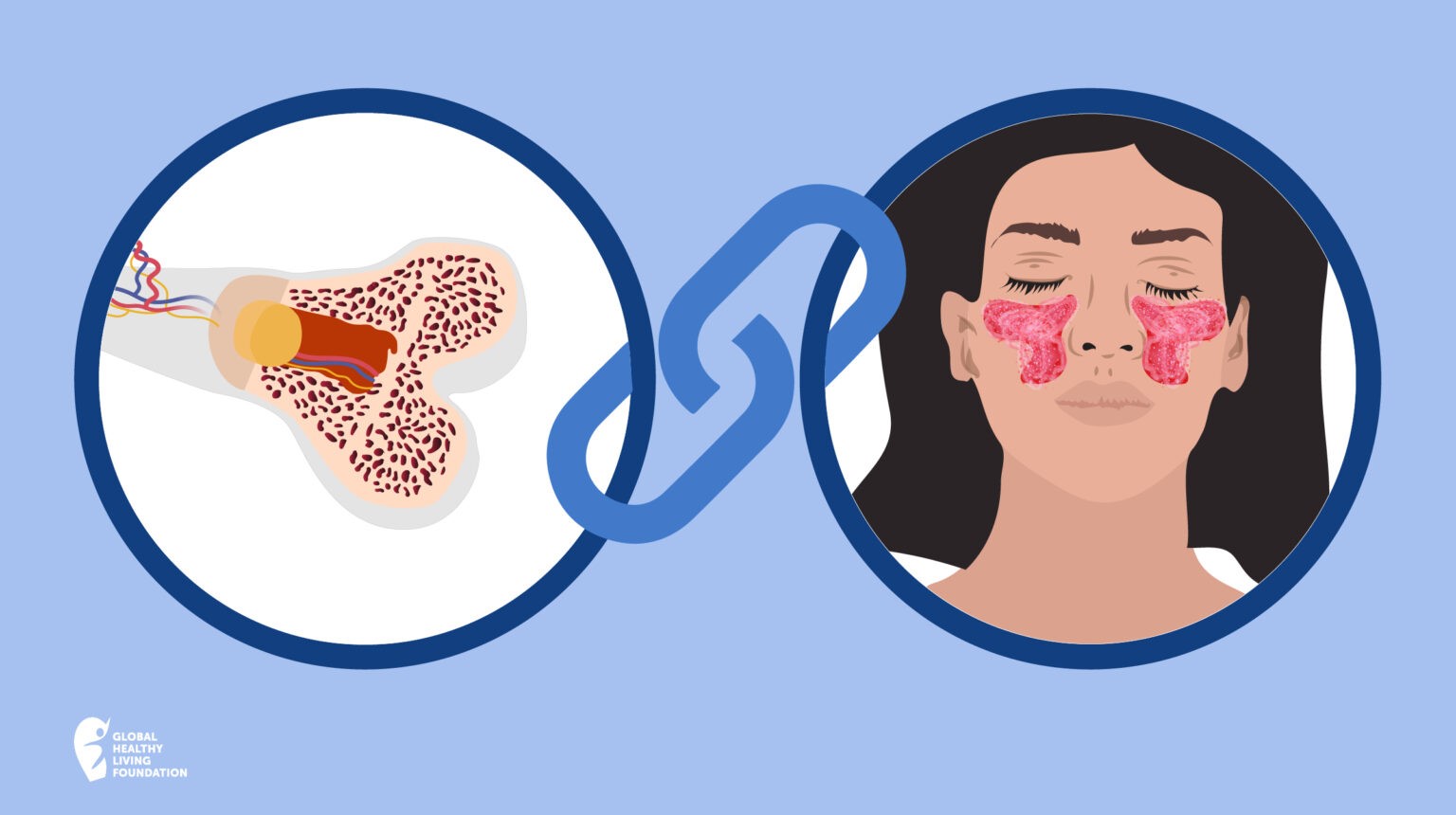

This article has been adapted, with permission, from a corresponding article by Rosemary Ainley published on the CreakyJoints (US) website. Some content may have been changed to suit our Australian audience.
My city (Melbourne) is just coming out of its second COVID-19 wave and second lockdown and my feelings are mixed this time around.
I have multiple chronic health issues, including rheumatoid arthritis, ankylosing spondylitis, type 2 diabetes and fibromyalgia. I also take several medications that suppress my immune system. As these make my health quite unpredictable, I’ve been on a disability pension for six years and have supplemented that by working from home as a freelance content writer.
During that time, I’ve been the odd one out as most of my friends and family have been employed in regular work outside the home. Most of them had no real concept of what I do or why I do it. However, this year, half the country has been working from home and I still have a stable income when many others don’t, so they are starting to see my situation in a new light.
Yet, despite their brief glimpse into my life, most of them will never understand my feelings about lockdown and the “new COVID normal.”
I’m not sure I understand them myself.
Riding the Anxiety Roller Coaster
My levels of anxiety about my risks if I were to contract COVID-19 have gone up and down since coronavirus hit Australian shores early this year.
When Melbourne’s first lockdown ended in late May, there was still a lot of uncertainty about whether people with compromised immune systems were more likely than others to become infected with the coronavirus. Therefore, I was in no rush to start mixing with more than a handful of people. (We now know that our risks of getting infected are the same as the general population, but if we do get infected we may be more likely to have complications.)
On top of that, I’ve already had one major disease caused by something I breathed in and I REALLY don’t want another.
The Trauma of a Previous Lung Infection
I was diagnosed with rheumatoid arthritis in late 2007 and my immune system fought an intense battle with my body until I finally found a medication combination that enabled them to have a ceasefire of sorts.
But it didn’t last long.
Sometime before mid-2008, I breathed in a fungus particle called cryptococcus (commonly found in garden mulch and bird droppings). It is harmless for most people, but not for people with highly compromised immune systems (such as AIDS and severe autoimmune arthritis). Even then, the chances of inhaling it and having it settle in your lungs is very low and it can stay dormant for years. Unfortunately for me, all those factors lined up.
Lungs are warm and moist environments — perfect for fungi looking for a home. In my case, when my immune system was at an all-time low, the fungus grew to a nodule around the size of a thumbnail. Had it stayed there, it would have caused a pneumonia-like illness and possibly damaged my lungs and led to a central nervous system infection, such as meningoencephalitis.
By sheer chance, mine was picked up on an X-ray when I was being screened for tuberculosis before starting my first biologic for RA. My doctors initially thought I had cancer. The cryptococcosis was not diagnosed until after I had lung surgery to remove the nodule. I had to take a daily antifungal medication for many years until I got the all-clear that it would not return.
So, that was off-topic a bit but it helps to explain my additional reason for keeping the coronavirus and my lungs away from each other.
As we emerge from lockdown, I want to be optimistic, but I can’t help worrying about what the immediate future holds. Here’s what’s been on my mind as of late.
Will we get a third wave?
When that first lockdown ended, my general anxiety increased as others started to gather in larger groups and crowds and many people got complacent. Most people weren’t wearing masks then, either.
Melbourne’s second wave of COVID-19 was more deadly and our second lockdown was even more severe. It started in mid-July and we are only just coming out of it at the beginning of October. My anxieties settled down while we mostly stayed at home again. I’ve even been going to the supermarket again with a (now compulsory) mask on.
Now, our daily new case numbers are almost in single figures, but we’ve been here before. I’m worried that people could get complacent again and trigger a third wave.
On the flipside, my mood has been low and flat during much of this second lockdown and I just want to see family and friends again (and to meet my new baby nephew). I’m torn between wanting to throw my arms around them and wanting to follow the rules and maintain a physical distance (in small groups in public spaces only) until our restrictions ease. I’ll have to play that by ear.
Will people understand my need to socialise differently?
There are other things I’ve been worried about as well. Such as, will people continue to be understanding if I say I’d prefer to stay home than join their group activity? I don’t even know if I’d stay or go at this stage. I just don’t want them to judge me or tell me that I’m being stupid now that the risk is over. (Is it?)
What’s my new comfort zone for venturing out?
If I do decide to start going out more, where would I go? What would my new comfort zone be? I think I’d be ok with meeting small groups of family or friends at home (theirs or mine) but would I go to a restaurant or cinema? What about my beloved yoga class? We used to have up to 10 people in a small room. Would I be ok with that or would I be too anxious to relax?
Will people mistakenly compare their lockdown experiences to mine?
What if people compare their lockdown experiences to mine and say something like, “I know what it’s like to work from home. I did it for six months.” I’d probably want to say, “No, you know what it’s like to work from home with all the resources you need available. You also probably always knew that it would only be temporary.”
That is simply not my reality.
Will COVID-19-influenced accessibility last?
For years, people with chronic conditions and disabilities have been asking for more flexible work and study options that would allow them the same access to opportunities as others. We were told that these things couldn’t be done. We couldn’t attend classes or meetings via video link even when the technology existed. We certainly couldn’t attend health appointments that way.
COVID-19 has changed all that.
Once everybody needed this sort of access, it all suddenly became available, almost overnight. My question is, will it all stay that way? Or will some organisations return to their old non-inclusive habits? I know that larger organisations are capable of setting up hybrid video/in-person events. I just hope that all organisations will follow suit.
One positive outcome of the COVID-19 pandemic is the massive roll-out of telehealth and e-prescribing services around the world. The Australian Federal Government has not yet committed to fully funding these services long-term, but there is so much support for it here that they really can’t afford to not commit to it. Our long-term health outcomes depend on it.
A personal benefit for me has been my increased ability to participate in health advocacy work via webinars, advisory group meetings and conferences via video link. Health organisations are scrambling to hear from patients on all sorts of issues, such as the ones I’ve discussed in this article, and I’m taking every opportunity I can to share my voice (providing I don’t double-book my Zoom meetings).
Will my family and friends want to continue to stay in touch with video chats?
Finally, I really hope that my family and friends will want to keep going with our regular video chats. Of course, these have been an option for years, but we’ve been doing more of it this year.
One of the key things this pandemic has taught us is to never take the people around us for granted and to tell them how much they mean to us.
Let’s hope none of us ever forget that.
Keep Reading
- My Life With Chronic Illness During Melbourne’s Second Lockdown: Part 1 – August
- Living With Arthritis During COVID-19: Education and Support Resources
- A Patient’s Guide to Living with Rheumatoid Arthritis in Australia
- A Patient’s Guide to Living with Axial Spondyloarthritis in Australia
- Government Support for People With Chronic Illness




